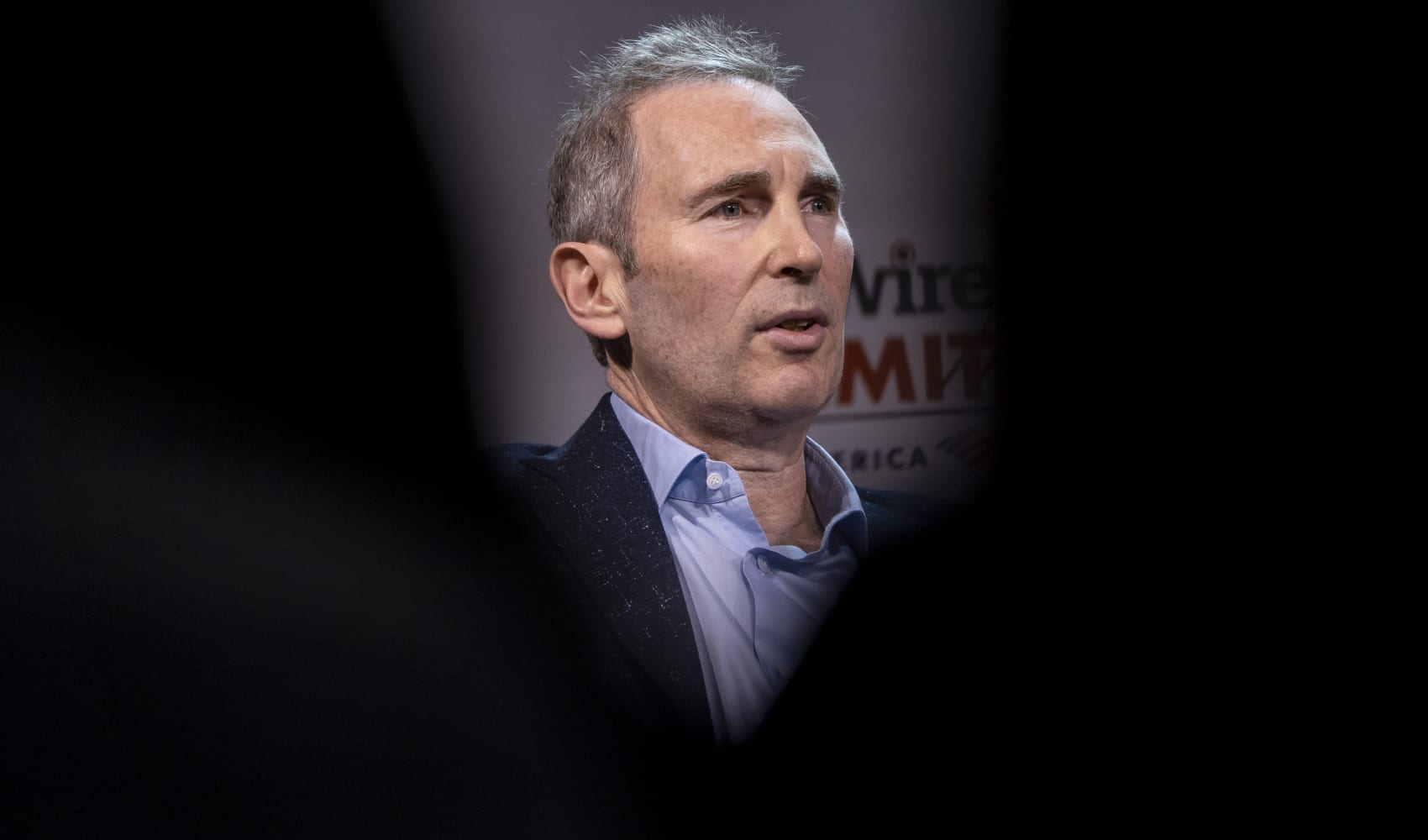
- Series I bonds will pay 3.11% through April 2025, the U.S. Department of the Treasury announced Thursday.
- Linked to inflation, the latest I bond rate is down from the 4.28% yield offered since May and the 5.27% rate offered in November 2023.
- Current I bond owners will also see rates adjust, based on their purchase date.
The U.S. Department of the Treasury has announced new Series I bond rates.
Linked to inflation, newly purchased I bonds will pay 3.11% annual interest from November 1 through April 30, 2025, which is down from the 4.28% yield offered since May and the 5.27% yield rate offered in November 2023.
The new rate includes a variable portion of 1.90% and a fixed portion of 1.20%. The fixed rate is down from 1.3% announced in May.
After hitting a record high of 9.62% in May 2022, the I bond yield is down significantly. But the fixed-rate portion of the yield still appeals to some long-term investors, experts say.
More from Personal Finance:
FAFSA rollout is 'on track,' despite issues, Education Department says
Top-ranked advisor: Buying a home can 'increase your net worth over time'
There's still time to reduce your 2024 tax bill with these strategies
How I bond rates work
I bond rates have a variable and fixed rate portion, which the Treasury adjusts every May and November. Together, these are known as the I bond "composite rate." You can see the history of both parts of the I bond rate here.

The variable rate is based on inflation and stays the same for six months after your purchase date, regardless of the Treasury's next announcement.
Money Report
Feeling out of the loop? We'll catch you up on the Chicago news you need to know. Sign up for the weekly Chicago Catch-Up newsletter.
Meanwhile, the fixed rate doesn't change after purchase. This part of the rate is less predictable and the Treasury doesn't disclose how it calculates the update.
How I bond rate changes affect current holders
If you currently own I bonds, there's a six-month timeline for rate changes, which shifts depending on your original purchase date.
After the first six months, the variable yield shifts to the next announced rate. For example, if you buy I bonds in September of any given year, your rates change every year on March 1 and Sept. 1, according to the Treasury.
For example, if you bought I bonds in September 2024, your variable rate would start at 2.96% and change to the new rate of 1.90% in March 2025. But your fixed rate would remain at 1.30%. That would bring your new composite rate to 3.2%.






